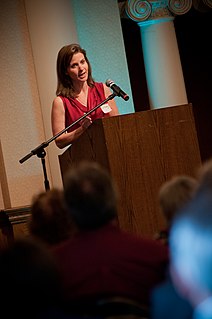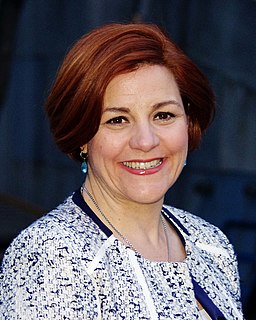Цитата Ноама Хомского
У меня были родственники в Нью-Йорке, у которых я остановился. А в те дни в районе от Юнион-сквер вниз по Четвертой авеню были небольшие книжные магазины, многие из которых принадлежали испанским иммигрантам, бежавшим после победы [Франсиско] Франко. Я проводил время в них, а также в офисах Freie Arbeiter Stimme («Голос свободных рабочих») с анархистами. Я собрал много материала и поговорил с людьми, и это оказало большое влияние.
Темы цитат
После того
,
как
Район
Авеню
стал
Книжными магазинами
Город
Дней
Даун
Четвертый
Франсиско
Франко
Свободен
Иммигранты
Влияние Партия
Основные
Многие Материалы
Нью
-Йорк
Офисы
Нью-Йорка Люди
Выбирали
родственников
Бегают
Небольшой
Испанский
Проведенный
Квадрат
Остался
Разговаривал
с ними
В то
время
Союз
Вверх
Голос
Победы Были
Который
Рабочий
Йорк
Связанные цитаты
Есть интересный вопрос, были ли у анархистов альтернативы [в Испании]. Если они склонялись к поддержке правительства, которое было уничтожено, то каковы были альтернативы? На самом деле было предложение Камилло Бернери, итальянского анархиста, который в то время находился в Испании, что, на мой взгляд, не является безумием. Он выступал против участия в правительстве и был против формирования армии, то есть крупной армии для борьбы с [Франциском] Франко.
Я разговаривал с людьми, которые начинали в разгар рецессии, и с сотрудниками, а расходные материалы и офисные помещения были дешевыми. Что касается компаний, которые уже существуют, многие стали более творчески относиться к тому, как они тратят свои деньги. Многие из них перестали тратить деньги, о которых они не знали, что они тратят впустую, после того, как внимательно посмотрели на свой бизнес. Некоторым пришлось изменить бизнес-модели из-за экономики. Их рынка больше не существовало или он был не таким большим.
Я помню, как вернулся в Бангалор после нескольких месяцев путешествия и увидел его как город первого мира, такой как Нью-Йорк или Сан-Франциско. Это может быть очевидно для некоторых людей, но я вырос в Дели и не знал, как человек из города «Уровня 2» может рассматривать город «Уровня 1». Ты действительно эмигрируешь между мирами, когда приезжаешь из этих городов.
Когда я рос, я действительно сталкивался в Нью-Йорке с отключениями электроэнергии, когда нам приходилось закрывать окна и беспокоиться о воздушных налетах. Я не знаю, были ли это реалистичные переживания или нет, но в детстве, когда нам всем приходилось бегать, сдергивая шторы и выключая свет; это был очень пугающий опыт.
Во многом из-за того, что я уехал из Нью-Йорка, помимо того, что я был таким разоренным, было то, что я просто чувствовал, что становлюсь провинциалом, каким бывают только ньюйоркцы. Мои точки отсчета были действительно замкнутыми. Они были замкнуты в своем фантастическом нью-йоркском стиле, но не пошли дальше этого. У меня не было никакого понятия о классе и географии, потому что экономика Нью-Йорка очень специфична. Так что у меня определенно был доступ и знакомство с огромным количеством людей, которых у меня не было бы, если бы я остался в Нью-Йорке — гораздо больше в Небраске, даже чем в Лос-Анджелесе.
Шестьдесят процентов наших иммигрантов принимаются только потому, что у них есть здесь родственники. Многие из этих людей не являются ближайшими родственниками, а являются членами расширенных семей. Непотистская политика США впускает родственников, затем впускает родственников родственников и так далее, создавая бесконечную и постоянно растущую цепочку новых иммигрантов.
Преподавание, как я понял, отнимало у меня много времени. Я был своего рода учителем, который проводил время со студентами, разговаривал с ними после уроков, пытался им помочь. Я разговаривал с ними лично об их работе и пытался вытянуть из них то, о чем они думали, заставляя их думать серьезно, а не просто возвращаясь ко всем идеям, которые они где-то подхватили. И поэтому я очень серьезно относился к своей преподавательской работе, и в результате это занимало много времени.





































